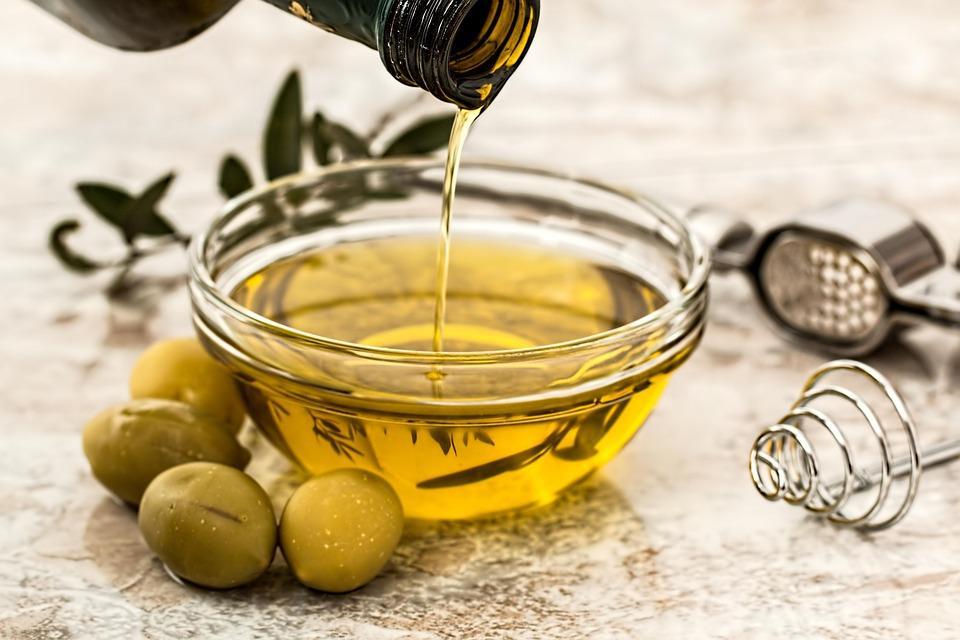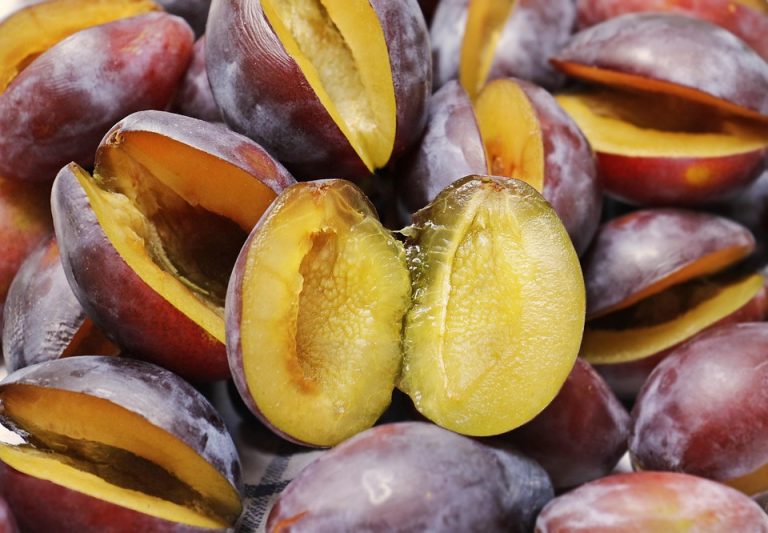Choosing organic foods today can transform your health and well-being in ways you might not expect. Organic foods are not just a trend—they’re a powerful choice for your body, your environment, and even your taste buds. But what makes these foods stand out? Let’s dive into five surprising benefits that might just change your perspective on what’s on your plate.
Contents
Understanding Organic Foods
Organic foods are products grown without synthetic fertilizers, pesticides, or genetically modified organisms (GMOs). They’re cultivated using natural methods that promote biodiversity and sustainability. But why does this matter to you? Because what you eat directly affects your health, your energy levels, and your overall quality of life.
When you choose organic, you’re not just opting for healthier food; you’re making a statement about what you value. It’s about mindful eating and embracing a lifestyle that prioritizes well-being and environmental responsibility.
1. Elevated Nutritional Value
One of the most surprising benefits of choosing organic foods today is their potential for higher nutritional value. Studies have shown that organic produce often contains higher levels of antioxidants, vitamins, and minerals compared to conventionally grown counterparts.
- Rich in Antioxidants: Organic fruits and vegetables tend to have more antioxidants, which combat free radicals and reduce oxidative stress.
- Better Taste: Many people swear by the superior taste of organic foods, attributing it to the way they are grown and harvested.
Your body deserves the best, and choosing organic means you’re not just fueling it, but enhancing it.
2. Support for Local Farmers and Sustainable Practices
When you opt for organic foods, you’re often supporting local farmers who prioritize sustainable practices. This isn’t just about what’s on your plate; it’s about the community.
- Economic Impact: Buying organic often means buying local, which helps boost your local economy. Supporting small farms ensures that your money goes back into your community.
- Sustainable Farming: Organic farming practices are designed to support the environment. They reduce soil erosion, encourage biodiversity, and promote a healthier ecosystem.
You’re not just choosing organic; you’re choosing to make a difference. Your purchase can help sustain the land and the people who cultivate it.
3. Reduced Exposure to Harmful Chemicals
One of the most compelling reasons to choose organic foods today is the reduced exposure to harmful chemicals. Conventional farming often relies on synthetic pesticides and fertilizers that can linger on fruits and vegetables.
- Health Benefits: By opting for organic, you minimize your exposure to these chemicals, which can be especially beneficial for children and pregnant women.
- Safer Practices: Organic farming uses natural pesticides that are less harmful to both your health and the environment.
Your family’s health is priceless, and choosing organic means taking a proactive step toward reducing potential risks.
4. Better for Animal Welfare
When you choose organic products, especially meat and dairy, you’re often supporting better animal welfare standards. Organic farms typically adhere to more humane practices.
- Living Conditions: Animals raised on organic farms often have access to outdoor spaces, allowing them to roam freely and enjoy a more natural lifestyle.
- No Antibiotics or Hormones: Organic livestock are not given antibiotics or growth hormones, which means you’re consuming cleaner products.
It’s a choice that aligns with compassion and ethics, ensuring that the animals are treated with respect and care.
5. Environmental Benefits
Opting for organic foods today is not just a personal choice; it’s a commitment to the planet. Organic farming practices contribute to environmental sustainability in several ways:
- Soil Health: Organic methods improve soil fertility and health, promoting long-term sustainability. Healthier soil leads to healthier crops.
- Biodiversity: Organic farming encourages a diverse range of plants and animals, which helps maintain ecological balance.
By choosing organic, you’re playing a part in protecting the Earth for future generations. It’s a choice that resonates beyond your kitchen.
Bottom Line
Choosing organic foods today is about more than just eating healthier; it’s about making conscious choices that benefit your body, your community, and the environment. From enhanced nutrition to supporting ethical farming practices, the benefits are profound and far-reaching.
So, the next time you’re at the grocery store or farmer’s market, think about what you’re putting in your cart. Every choice you make has a ripple effect. Choose organic, and you’ll not only nourish yourself but also contribute positively to the world around you.
FAQs
Q: Are organic foods really worth the price?
A: While organic foods can be more expensive, the benefits to your health, the environment, and local communities often outweigh the cost.
Q: How can I find organic foods near me?
A: Look for local farmer’s markets, organic grocery stores, or check online for delivery options that focus on organic products.
Q: Do organic foods have a longer shelf life?
A: Generally, organic foods, especially fruits and vegetables, may have a shorter shelf life due to the absence of preservatives. However, their freshness often leads to better flavor.
Make the switch today—your body and the planet will thank you!
Get Your FREE Natural Health Guide!
Subscribe now and receive our exclusive ebook packed with natural health tips, practical wellness advice, and easy lifestyle changes, delivered straight to your inbox.




